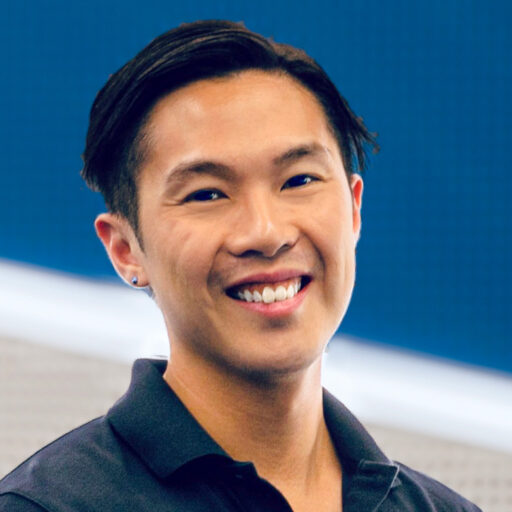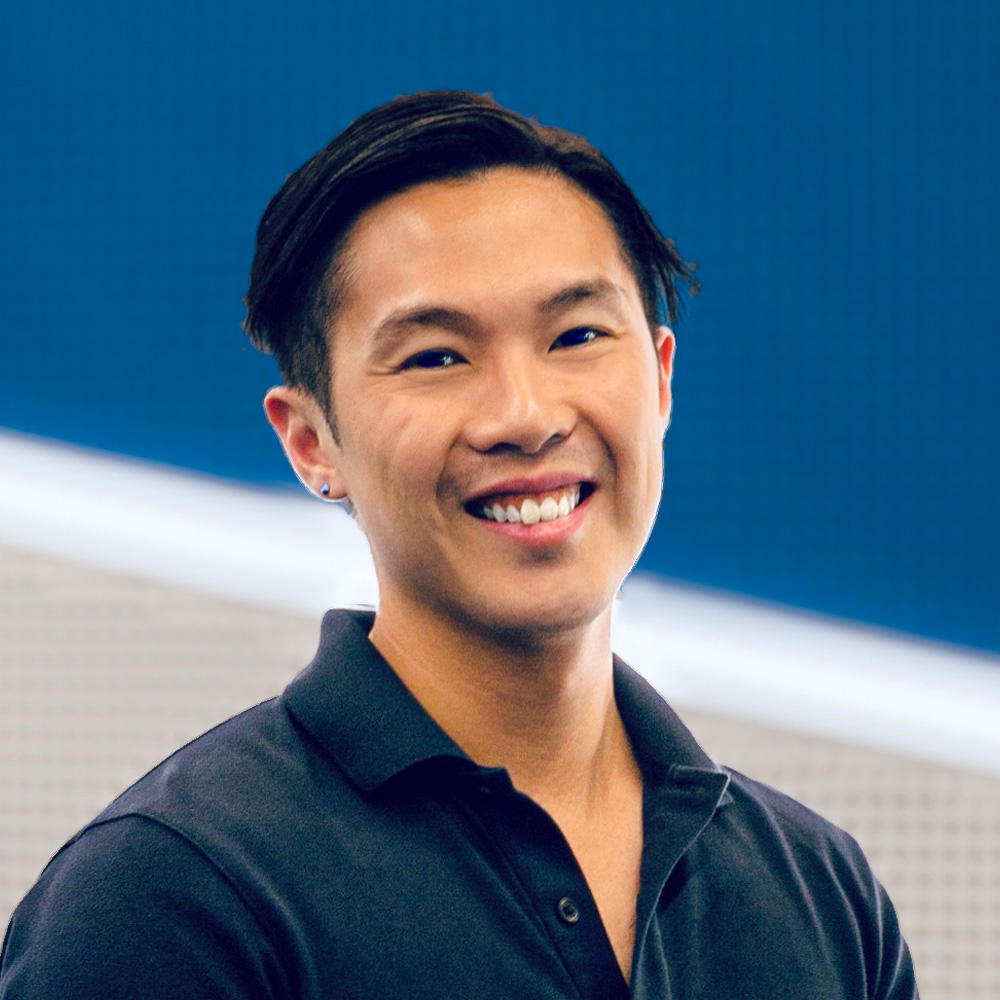When the returns are low, people tend to invest less.
That line stayed with me after watching Louis Zhao’s YouTube video Why Japanese People Don’t Want Things Anymore, which introduces Kinichi Omae’s book The Low Desire Society. It describes a noticeable shift in Japan: younger generations are letting go of traditional milestones like climbing the career ladder, accumulating wealth, and building nuclear families. Instead, they are gravitating toward quieter living and small pleasures.
It struck a chord with me. I don’t live in Japan, but I’ve seen this shift unfold around me. And in some ways, I’ve felt it within myself.
Choosing not to want what was once inevitable
There was a time when I assumed I’d get married and have children. It wasn’t a conscious decision, more like a default setting. That that’s what life was supposed to look like. But over the years, that sense of inevitability softened.
I started noticing the strain that comes with the default setting. My family and friends who are raising children often juggle joy with exhaustion, fulfilment with financial stress. The emotional load is heavy, and apparent. Trying to raise kind, resilient humans while staying afloat in systems that offer little structural support. Somewhere along the way, I realised that maybe I didn’t want that path for myself.
The realisation didn’t feel like a rebellion against the norm, it just felt like a sudden and quiet clarity from the default settings.
Around me, some friends are rethinking the same script too. Some still want children but have dropped the idea of marriage. Big wedding celebrations are giving way to smaller, more intentional rituals or none at all. That, too, feels like a form of editing. Not erasing tradition, but questioning whether it still fits.
The great pause
There’s a cultural slowing happening that I can’t unsee. What looks like disinterest to the older generation might actually be recognised by the future generation as a kind of waiting. A stillness before the next shape of desire emerges. Not knowing what to want is uncomfortable. But maybe that discomfort is the point. The world feels uncertain, and when we can no longer predict where effort will lead, it’s natural to pause before investing again.
Some of the shift stems from structural fatigue. Career ladders feel unstable. Housing feels out of reach. Relationships feel less anchored in fixed norms. And at work, the pressure to perform has decoupled from any real promise of reward. The more capable you are, the more gets handed to you, because it’s easy and convenient for them bosses. Praise turns into pressure. What began as excellence hardens into expectation.
That weight can turn into weariness. And when performance starts to feel like punishment, the desire to keep striving dims.
Slowness as a skill
In a world that pushes speed and novelty, we’re also becoming aware of what gets lost when everything accelerates. Teaching, for example, often demands deep emotional labour, especially when the metrics of success are tied to how much you carry for others. When disengagement sets in, the weight shifts unfairly. The result is a kind of invisible burnout for educators, where care can unknowingly morphs into over-responsibility, and boundaries dissolve until the system breaks you.
The shift isn’t always dramatic. It can begin as a slow erosion of meaning. You put in more effort, but see less resonance. You try to innovate, but meet apathy. Eventually, the loop between giving and receiving starts to fray.
This same erosion happens in our creative lives. The pressure to keep up with new tools or technologies often outpaces any real learning. In my own practice, constantly jumping between AI platforms left me feeling more reactive than reflective. Skill is harder to build when the goalposts move daily. I started craving stillness. The kind that allows for depth instead of breadth. The kind that lets you ask, What did I try? What did I learn? What might I do differently next time?
What disappears when we never pause?
We’re losing something else, too. The ability to sit with our thoughts. To feel time stretch. To feel bored.
Boredom, it turns out, is more than just idleness. It’s the space in which imagination roots itself. It’s where insight stirs. Yet we’ve engineered boredom out of existence. Every gap in our day is filled. We scroll, we queue content, we multitask, we distract. The result is a constant low-grade stimulation that hollows out attention. It leaves less room for concentration, less patience for reflection, and fewer chances to recognise our own desires taking shape.
When time is always full, so are our minds. And the uncomfortable truth is, it’s not necessarily with the right things.
Desire as something slow, plural, and personal
I think what’s emerging from all these is variation. Desire isn’t disappearing but decentralising.
We’re no longer tracking the same milestones at the same pace. Career success might arrive in your thirties, or sixties. A healthy, strong body isn’t limited to youth. Marriage isn’t assumed. Parenthood isn’t mandatory. And success itself? That’s being quietly redefined, not as status or speed, but as alignment.
But desire will return. It always does. Perhaps the next version will move more gently. Maybe it won’t be about climbing higher, but about choosing the right hill. It might prioritise sustainability over prestige. Community over competition. Purpose over performance.
We’re still ambitious. But the ambition is softening. It’s becoming slower, deeper, less performative.
Letting the next version of life take its shape
There’s something liberating in admitting that you don’t know what comes next. That pause doesn’t mean failure. It means permission to recalibrate. We don’t have to rush into the next desire just because the last one faded. Sometimes, sitting in the in-between is where clarity begins.
That’s the invitation I hear in this moment. Not to give up. But to look around. To be still long enough to hear the next true want rise to the surface.
What’s one thing you’ve stopped wanting, and what did that free up for you instead?

